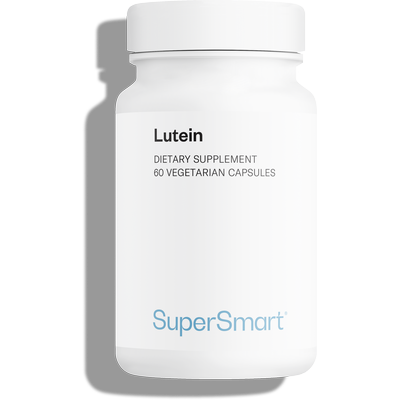Lutein helps keep the brain as young as possible
Newsletter
What exactly is lutein? It’s an antioxidant micronutrient which the body is unable to produce and which accumulates in the eyes and in brain tissue. Researchers at the University of Illinois measured the amount of lutein in the eyes of 60 adults aged 25-45 who then underwent cognitive tests that required maximum attention.
Older participants with the highest lutein levels were found to produce better cognitive responses, in line with those of young individuals. According to Naiman Khan, one of the study’s authors, “This is another reason to eat lutein-rich foods such as green vegetables, eggs and avocados. We know these foods are associated with other positive effects on health but this study suggests they offer cognitive benefits as well.”
The majority of studies on lutein have focused on older people, when the process of cognitive decline is already well underway. But what this study shows is that the age at which this process begins may vary from one person to another, and that diet could have a direct or indirect effect on its initiation. “In some people, you can see cognitive differences from as young as 30,” said lead study author Anne Walk. “We would therefore encourage people to eat lutein-rich foods before this decline begins.”
Where is lutein found?
Lutein is a carotenoid found primarily in green vegetables such as cabbage, spinach and broccoli. But these foods are not available all year round and not everyone necessarily has the time to cook them, added to which, lutein is a fragile carotenoid. For these reasons, many people are turning to natural-source lutein supplements (extracted from marigolds), such as Lutein 20 mg. A single capsule contains 20mg which is equivalent to one portion of cooked spinach.
Like all carotenoids, lutein is best-absorbed if eaten with a little fat (it is fat-soluble) and lutein supplements should therefore be taken at mealtimes.
Lutein is thought to work by neutralising unpaired electrons that damage the retina and neurons, as well as by filtering out blue light which attacks photoreceptors in the eye.
It’s therefore a particularly beneficial supplement to take in the summer when the sun is at its strongest.
The study at the centre of this article:
Anne M. Walk, Caitlyn G. Edwards, Nicholas W. Baumgartner, Morgan R. Chojnacki, Alicia R. Covello, Ginger E. Reeser, Billy R. Hammond, Lisa M. Renzi-Hammond, Naiman A. Khan. The Role of Retinal Carotenoids and Age on Neuroelectric Indices of Attentional Control among Early to Middle-Aged Adults. Frontiers in Aging Neuroscience, 2017; 9 DOI: 10.3389/fnagi.2017.00183
All rights reserved
Free
Thank you for visiting our site. Before you go
REGISTER WITHClub SuperSmart
of exclusive benefits:
- Free: our weekly science-based newsletter "Nutranews"
- Special offers for club members only


















